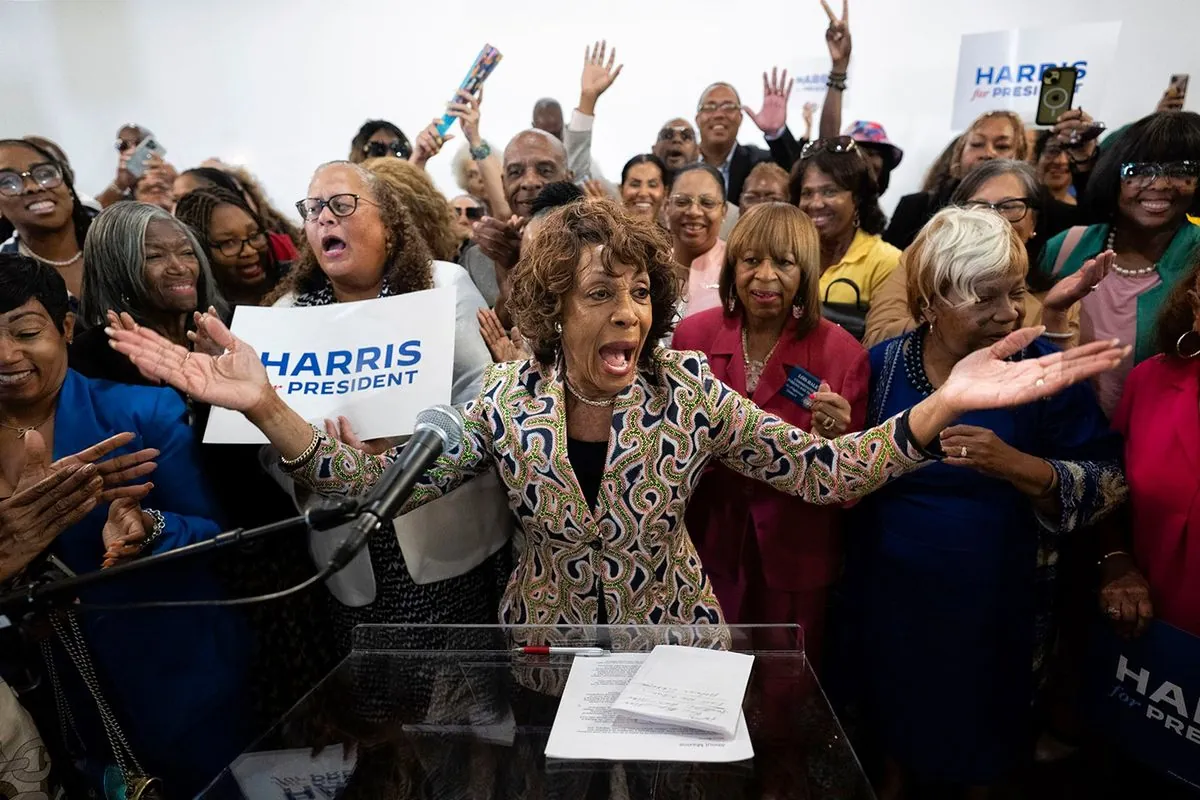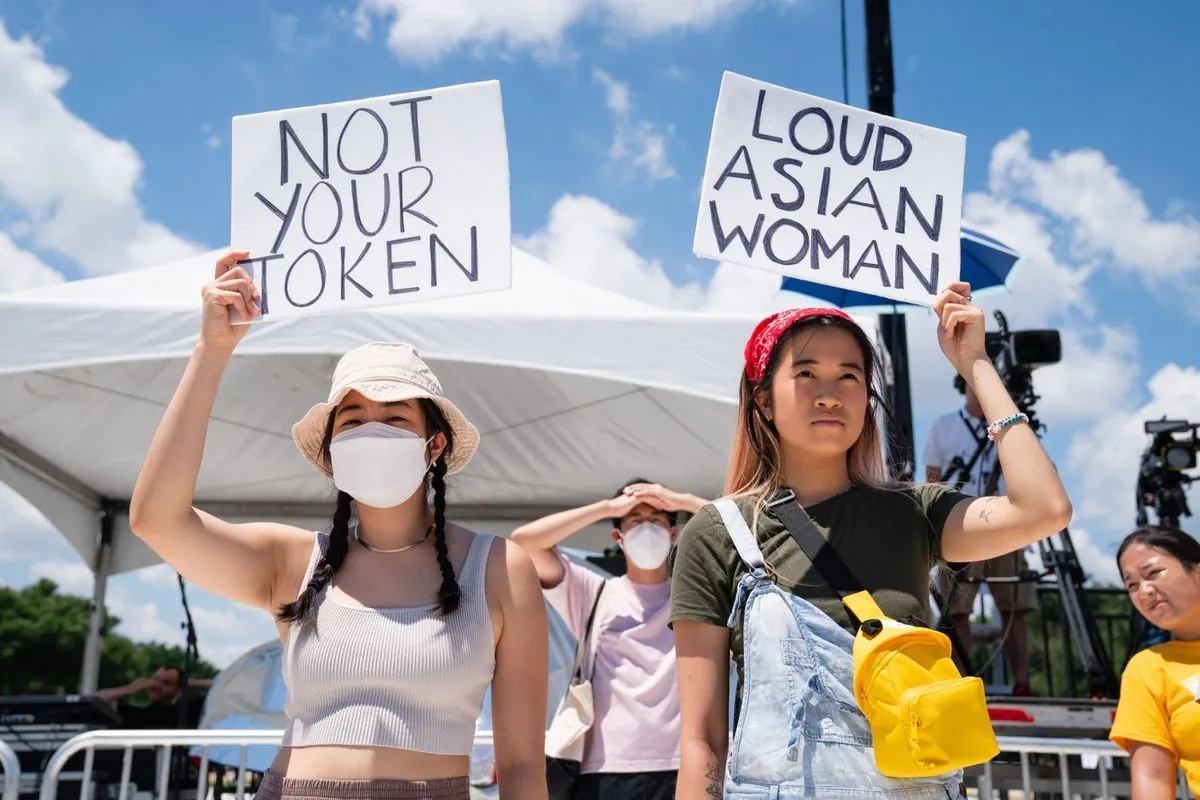AAPI Voters Favor Harris Over Trump, New Poll Reveals
A recent survey shows Vice President Kamala Harris gaining popularity among AAPI voters, outpacing former President Donald Trump. The poll highlights the growing importance of AAPI electorate in US politics.

A recent poll conducted by AAPI Data and APIAVote has shed light on the preferences of Asian American, Native Hawaiian, and Pacific Islander (AAPI) registered voters in the upcoming US presidential election. The survey reveals a significant favorability gap between Vice President Kamala Harris and former President Donald Trump among this rapidly growing demographic.
According to the poll, approximately 60% of AAPI voters view Harris favorably, while only 30% hold a positive opinion of Trump. This marks an increase in Harris' popularity since October 2023, when a previous survey found about half of AAPI adults viewing her favorably. Trump's standing among this group has remained relatively unchanged.
The AAPI electorate has nearly doubled every presidential cycle since 2000, highlighting its growing importance in US politics. This trend is particularly evident in swing states like Georgia, where the AAPI population has seen significant growth.
Harris, who is both Black and South Asian American, appears to resonate more strongly with AAPI voters in terms of cultural representation. About half of the respondents believe she better represents their background and culture, compared to only one in ten who say the same about Trump.
Interestingly, Harris' gender seems to be a more salient factor than her racial background for AAPI voters. Approximately half of AAPI women voters consider her identity as a woman to be extremely or very important. This aligns with the fact that Harris is the first woman, first African American, and first Asian American to serve as Vice President of the United States.

The survey also reveals that younger AAPI voters, aged 18-34, are particularly likely to care about Harris' identity as a woman. This demographic shift is reflected in the increasing political engagement of young AAPI individuals and women-led organizing efforts.
"We've seen so much organizing from young people as well as AAPI women who are really leading the different ethnic specific affinity groups like the South Asians for women, South Asians for Harris, Korean Americans for Harris, Chinese Americans for Harris."
The poll indicates that the Democratic Party has been more active in reaching out to AAPI voters, with 40% reporting significant contact from Democrats compared to 30% from Republicans. This outreach could be crucial, as the AAPI community includes over 100 languages and dialects, making targeted communication essential.
Racism and discrimination emerge as critical issues for AAPI voters, with 70% stating they could not vote for a candidate who doesn't share their views on these matters. This concern may be partly fueled by the increased discrimination and hate crimes faced by Asian Americans since the COVID-19 pandemic.
While Trump trails significantly in popularity among AAPI voters, some still support him. Jihua Ma, a 45-year-old naturalized citizen from China, cites concerns about inflation and border control as reasons for his continued support of Trump.
Karthick Ramakrishnan, founder and executive director of AAPI Data, suggests that Republicans could potentially gain AAPI support on economic and crime issues. However, the current gap in popularity between the candidates presents a significant challenge for the GOP.
As the election approaches, both parties will likely intensify their efforts to court the AAPI electorate. With Asian Americans having the highest median household income and educational attainment levels among racial groups in the US, their growing political influence could play a crucial role in shaping the outcome of the 2024 presidential race.


































